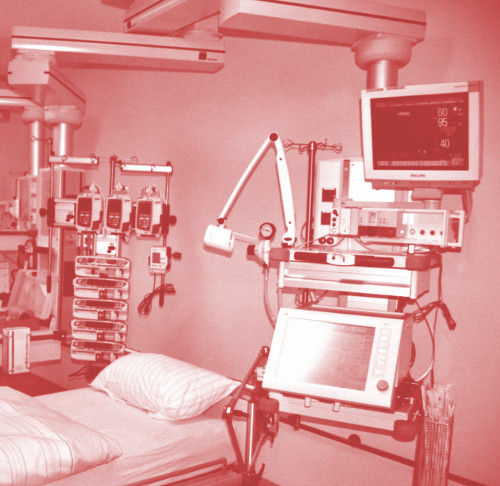Diabetes shift detected
 The most common reasons why people with type 2 diabetes are admitted to hospital are changing.
The most common reasons why people with type 2 diabetes are admitted to hospital are changing.
A new study shows hospitalisation for traditional diabetes complications are now being accompanied by admissions for a diverse range of lesser-known complications including infections (i.e., pneumonia, sepsis), mental health disorders, and gastrointestinal conditions.
The analysis of national data from Australia spanning seven years reveals that just four traditional diabetes complications (cellulitis, heart failure, urinary tract infections, and skin abscesses) are now ranked in the top ten leading causes of hospitalisation in men and women with T2DM.
“Although traditional complications such as heart failure and cellulitis remain a substantial burden for people with T2DM, infections less commonly linked with diabetes and mental health disorders are emerging as leading causes of hospital admissions, and have substantial burdens that sometimes exceed the top-ranked well-known complications”, says lead author Dr Dee Tomic from the Baker Heart and Diabetes Institute, Melbourne, Australia.
She adds, “The emergence of non-traditional diabetes complications reflects improvements in diabetes management and people with diabetes living longer, making them susceptible to a broader range of complications. Increasing hospitalisations for mental health disorders as well as infections like sepsis and pneumonia will place extra burden on healthcare systems and may need to be reflected in changes to diabetes management to better prevent and treat these conditions.”
While rates of traditional T2DM complications - including heart attack, stroke and amputations - have fallen substantially over the past 20 years in many high-income countries, driven by improvements in risk factors (eg, blood pressure, cholesterol, smoking, and blood sugar control) and better preventive care and management, leading causes of death and illness such as cancer, liver disease and mental disorders are emerging among people with diabetes.
In England, for example, classic complications accounted for more than half of hospitalisations in people with diabetes in 2003, but for less than a third in 2018.
Overall, the analyses found that people with T2DM are at greater risk of being hospitalised with most medical conditions compared to the general population (exceptions include prostate cancer, aortic aneurysm and wrist fractures).
The findings are being presented at this year’s European Association for the Study of Diabetes (EASD) Annual Meeting in Stockholm, Sweden (19-23 Sept).








 Print
Print